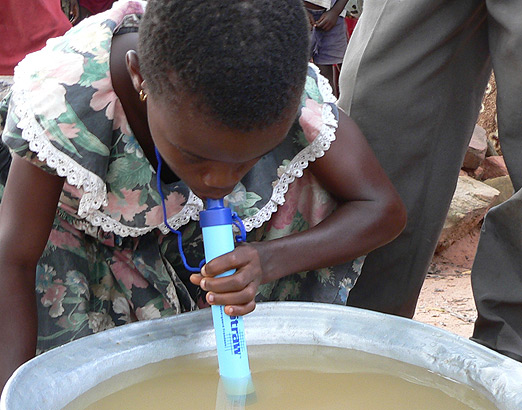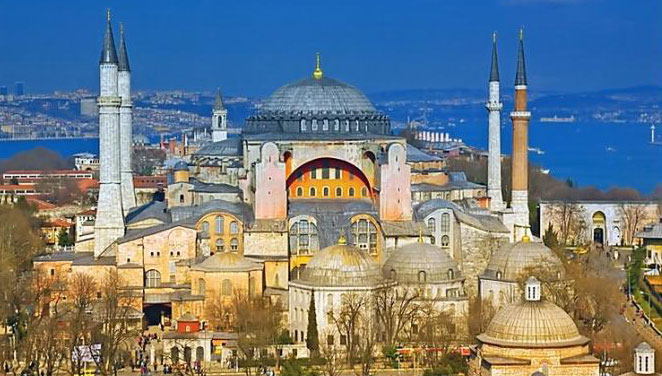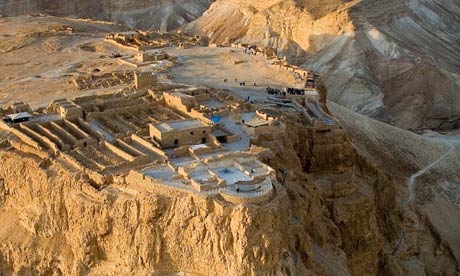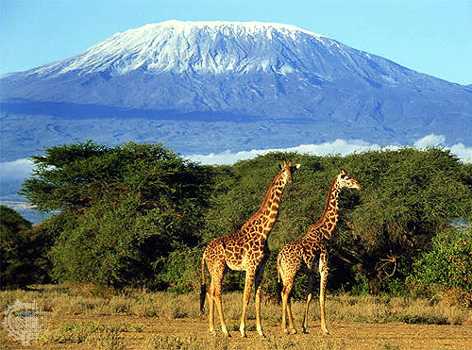I watched Beauty and The Beast recently and something Belle said stuck out to me this time, “I want adventure in the great wide somewhere.” So here are a few more adventures I want to have.
1. Bungee Jumping, Western Cape, South Africa
In the center of South Africa is the Bloukrans Bridge, one of the highest commercial bridges in the world, and also one of the most popular places to bungee jump. I wouldn’t say I am an adrenaline junkie, I don’t like to jump off things or do dangerous things for the hell of it, but I do I like to do crazy things sometimes. I watched a video a couple years ago of some guy jumping off the Bloukrans Bridge and I thought it looked like the coolest thing, ever since then I have wanted to jump off. Bungee jumping just seems so freeing and exhilarating. Like you are putting your faith in something other than yourself. And just jumping and once you jump you can’t ever look back, you can only look down.
2. Hike Patagonia, Chile

One of my favorite things is hiking and on my bucket list is to hike some of the most amazing trails in the world. This bucket list wish is one actually my brother and I share. I think I began to love hiking and camping so much because of him. Patagonia is located in the southern tip of South America in both Chile and Argentina. I have read that the part Patagonia section located in Argentina is mostly desert, so I want to travel to the Chile part. In Chile the water is supposedly green and huge glaciers tower above the water. Patagonia is supposedly one of the only places that still looks untouched.
3. Floating Lantern Festival, Thailand

In Thailand a festival is held called Lanna Yi Peng, which is held on a full moon of the 2nd month of the Lanna calendar. I saw a picture of this festival in a magazine when I was in 2nd grade and ever since then I have wanted to go. In many areas of Asia a similar festival is performed, for some the lantern represents letting go of their old self for the new year. I think in second grade I was so fascinated with the idea of thousands of people coming together to let lanterns full of light up into the night sky; and that fascination has not left me yet.
4. Learn to surf, Australia or Hawaii (?)

Since I was a kid it has been a dream of mine to surf. To bedroom used to be surfboard themed, however in the end I never was able to learn. One of my friends has a surfboard and one summer I tried it out and I loved it. I hope one day I’ll be able to fulfill my dream and try surfing for real. Surfing seems like such an awesome sport, and since I love all water sports, it seems perfect.
5. Visit Victoria Falls, Zambia (and sit on the edge of the falls)

Victoria Falls in Zambia is considered the largest waterfall in the world. The sight of the all that water tumbling over the edge must be breathe-taking. Now let me explain why I want to sit on the edge of the waterfall, it’s not as crazy as it seems. At the top of the falls is located the Devil’s pool. During certain times of the year, when the water is lower and current slower, a natural rock barrier forms. This allows brave swimmers to swim out and sit in the Devil’s pool, literally inches away from the edge of the falls. Amazing! Right? Literally sitting at the edge of a giant cliff, but within a safe distance.
Pictures cited:
http://2.bp.blogspot.com/-Dh-mbOCasxs/T3qB047sunI/AAAAAAAAAEo/q8ulNpv30zE/s1600/DSCF2943.JPG

 People have been trying to fix the issue of lack of clean water for years, but the task is a difficult one because of the staggering number of people and areas that just don’t have the means to attain water. One, if not a solution at least helper, is the product called LifeStraw. Created by Vestergaard, LifeStraw is a device used to filter contaminated water. This device allows people to be able to drink water, even when it is not clean. On their website, Vestergaard describes their product as “Each product in the LifeStraw® portfolio is designed for a specific situation where safe water is needed but not readily available.” The LifeStraw uses fiber technology which allows the water to be sucked up the tube and causes the microorganisms and parasites to be caught in the fiber while the clean water passes through. The device is so great because it allows people to drink water that is dirty because the straw “self-cleans” the water and makes it safe to drink. Another benefit is the LifeStraw is relatively affordable.
People have been trying to fix the issue of lack of clean water for years, but the task is a difficult one because of the staggering number of people and areas that just don’t have the means to attain water. One, if not a solution at least helper, is the product called LifeStraw. Created by Vestergaard, LifeStraw is a device used to filter contaminated water. This device allows people to be able to drink water, even when it is not clean. On their website, Vestergaard describes their product as “Each product in the LifeStraw® portfolio is designed for a specific situation where safe water is needed but not readily available.” The LifeStraw uses fiber technology which allows the water to be sucked up the tube and causes the microorganisms and parasites to be caught in the fiber while the clean water passes through. The device is so great because it allows people to drink water that is dirty because the straw “self-cleans” the water and makes it safe to drink. Another benefit is the LifeStraw is relatively affordable.












